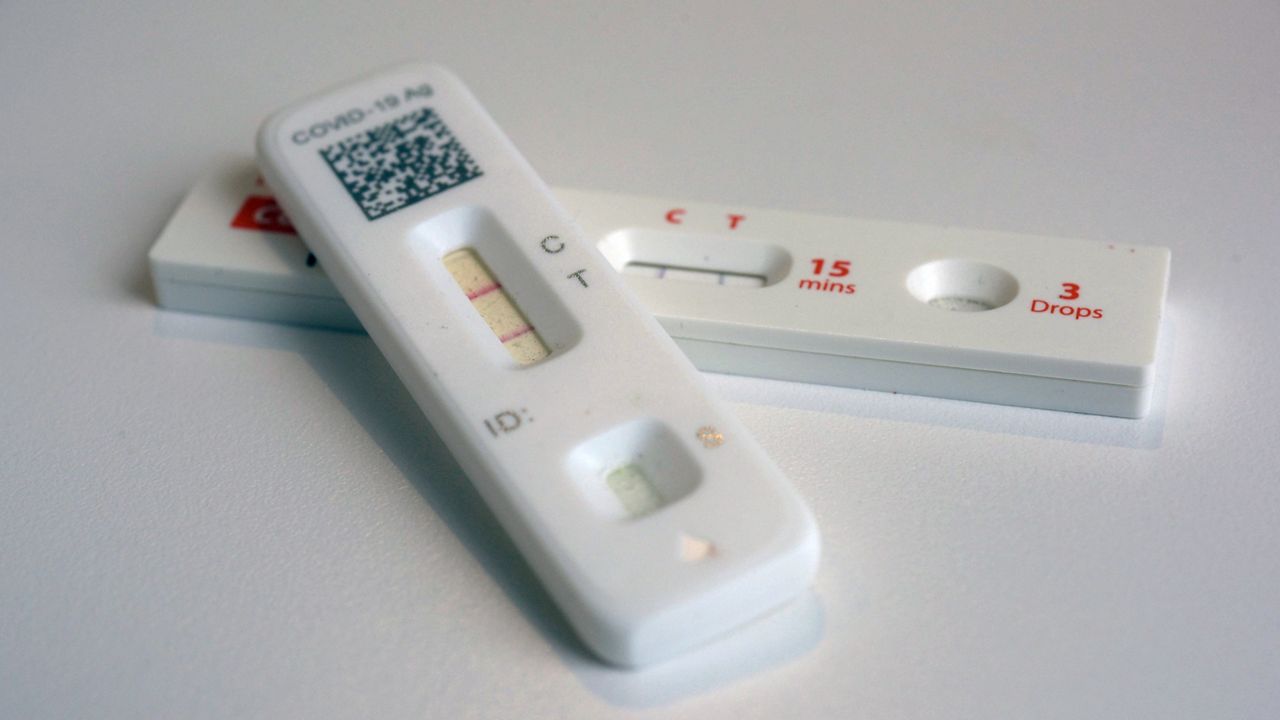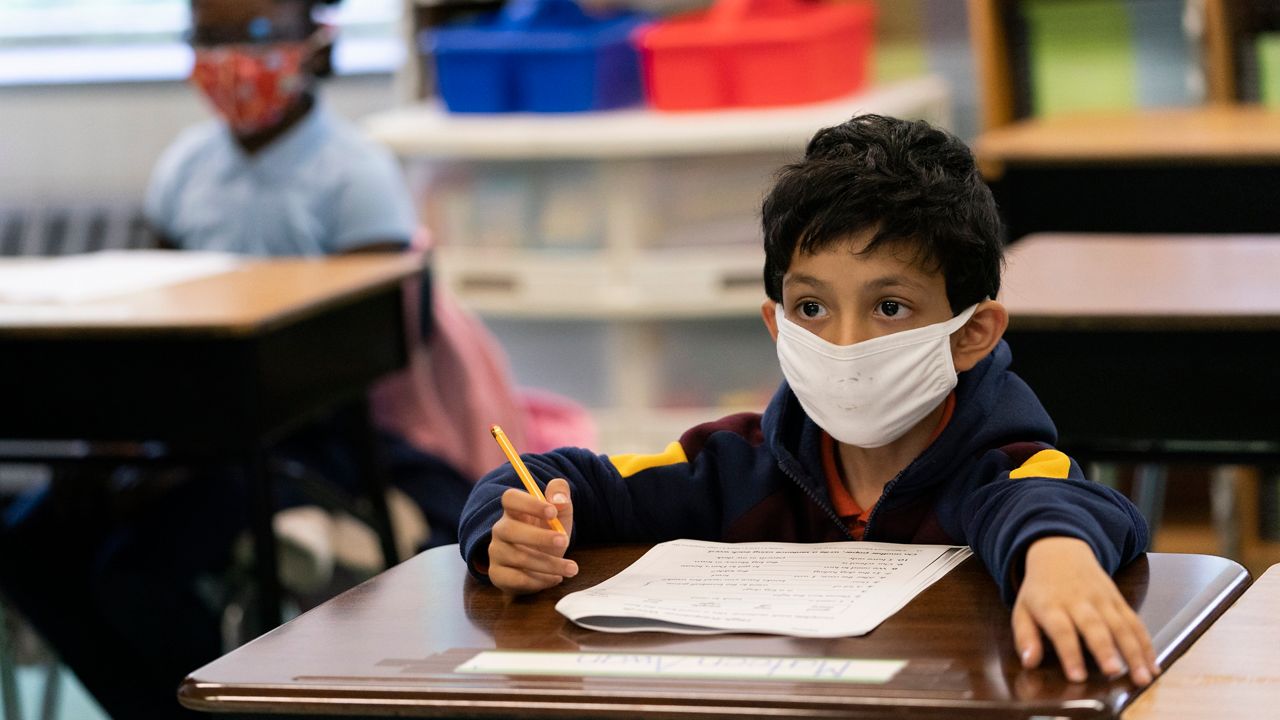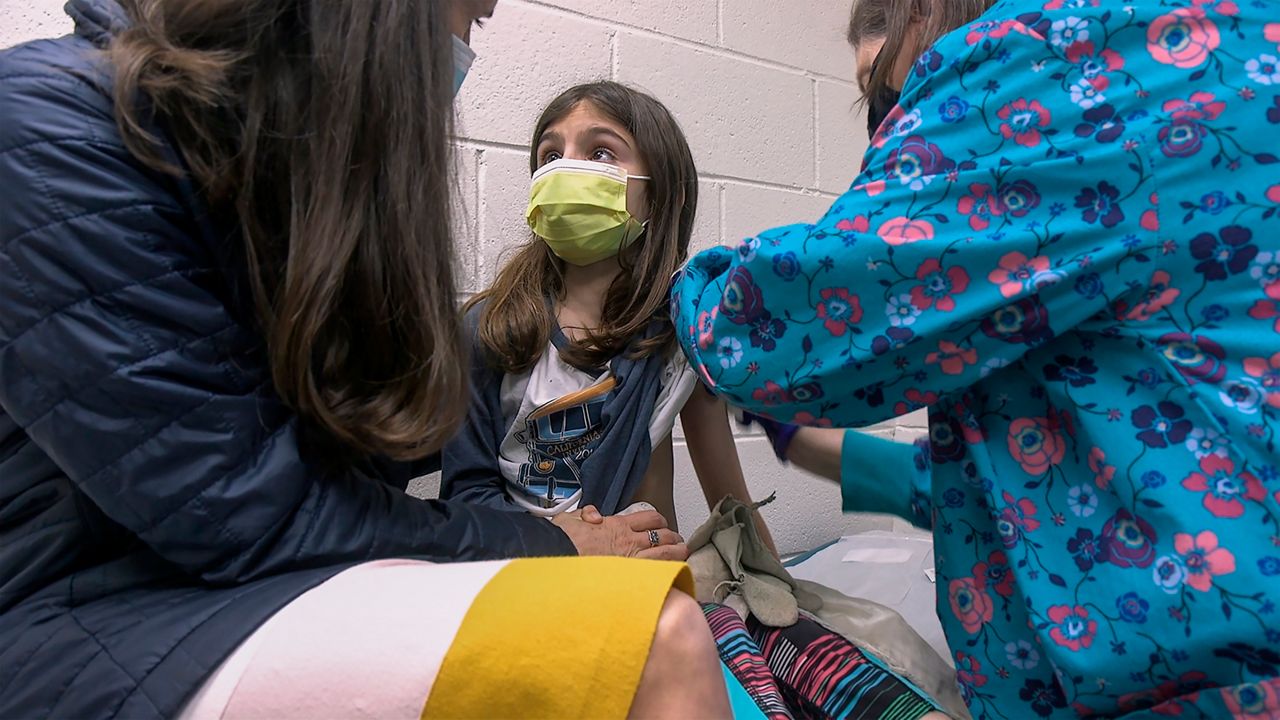NORTH CAROLINA — North Carolina Congressman David Price is self-quarantining after a fellow lawmaker he works with closely tested positive for COVID-19.
Price says he is showing no symptoms, but will be working from home through March 25. Some members of his office staff are doing the same.
"I immediately checked with the House doctor and told him the circumstances of our interactions since last week, and determined they didn't fall within the guidelines for a required quarantine,” said Price, D-4th District. “But I felt it was better to stay home anyway. To quarantine."
On Wednesday, Florida Rep. Mario Diaz-Balart and Utah Rep. Ben McAdams announced they tested positive for the virus. Diaz-Balart serves as the top ranking Republican on the House Appropriations subcommittee of which Price is the chair.
Price’s decision to self-isolate comes as the coronavirus is spurring calls for a change on Capitol Hill. Several lawmakers say they should be able to vote remotely rather than only in person.
In a letter, dozens of House lawmakers called on House leaders for a rule change, writing, “While Congress is an institution with a proud history, we cannot stand on tradition if it puts lives - and our ability to be the voice of our constituents - at risk.”
North Carolina Congresswoman Alma Adams, D-12th District, is among those who signed the letter.
In the upper chamber, two senators introduced their own resolution Thursday, opening the door for remote voting during a national crisis.
Capitol Hill is home to hundreds of lawmakers plus their staffs. Many of the lawmakers are in the at-risk age group for the coronavirus.
In recent weeks, House and Senate leaders have pushed back on these calls for remote voting, though it remains to be seen if that will persist as the outbreak continues.
House Speaker Nancy Pelosi announced Thursday she is asking the chairman of the House Rules Committee to prepare a report looking at the chamber’s rules on voting.
In the meantime, lawmakers are already taking some additional precautions. In the Senate this week, they extended the time period for votes, so fewer lawmakers have to be on the floor at one time.
North Carolina Lawmakers on Remote Voting
What do North Carolina lawmakers make of the idea of voting remotely?
In an interview, Sen. Thom Tillis, R-North Carolina, pushed back against the proposal. He argued that while some lawmakers may need to stay home for health reasons, he worries it sends the wrong message for Congress to not be on Capitol Hill.
“Anything that we do over the next few months as we combat the virus is going to be done on a bipartisan basis,” he said. “We don’t need 100 members here to do it, but we need enough to collaborate, to compromise, and to produce something that’s going to help the safety and economic well-being of the America and people in North Carolina.”
A spokesperson for Rep. Virginia Foxx, R-5th District, stressed there are concerns about the “effectiveness and different complications that come into play” with remote voting. For example, they said, how would lawmakers raise points of order or make certain procedural motions?
In statements to Spectrum News, some lawmakers did not rule out remote voting, though emphasized it should be allowed only in specific scenarios.
“I would consider remote voting in only very limited circumstances. The legislative process requires face to face communication and debate,” said Rep. George Holding, R-2nd District.
“Rep. Budd believes that during declared national emergencies and under strict protocols and verifications, remote voting should be considered,” said a spokesman for Rep. Ted Budd, R-13th District.
“At this point we must be physically present to vote. I believe all options should be on the table and trust House leadership to come up with a plan to ensure voting procedures are safe,” said Rep. Greg Murphy, R-3rd District. “Whether that solution is remote voting or limiting the number of members on the House floor at a time remains to be seen.”
Meanwhile, other North Carolina lawmakers embraced the idea.
Rep. Adams signed onto that letter to House leaders, asking that remote voting to be allowed during the outbreak.
Rep. Price said he is open to it.
"I don't know of any time in American history where there's been a situation like this, where the physical presence in Washington would actually have such dangers it might even be impossible to pull off,” he said. “So we're going to need to maybe break some new ground here."
CORONAVIRUS
Should Members of Congress Be Allowed to Vote Remotely? Lawmakers Push for Change Amid Coronavirus Outbreak
UPDATED 9:04 AM ET Mar. 20, 2020
PUBLISHED 10:33 PM EDT Mar. 19, 2020







